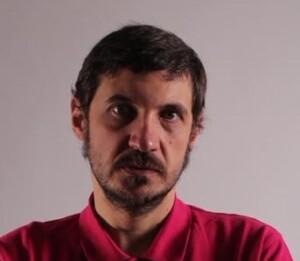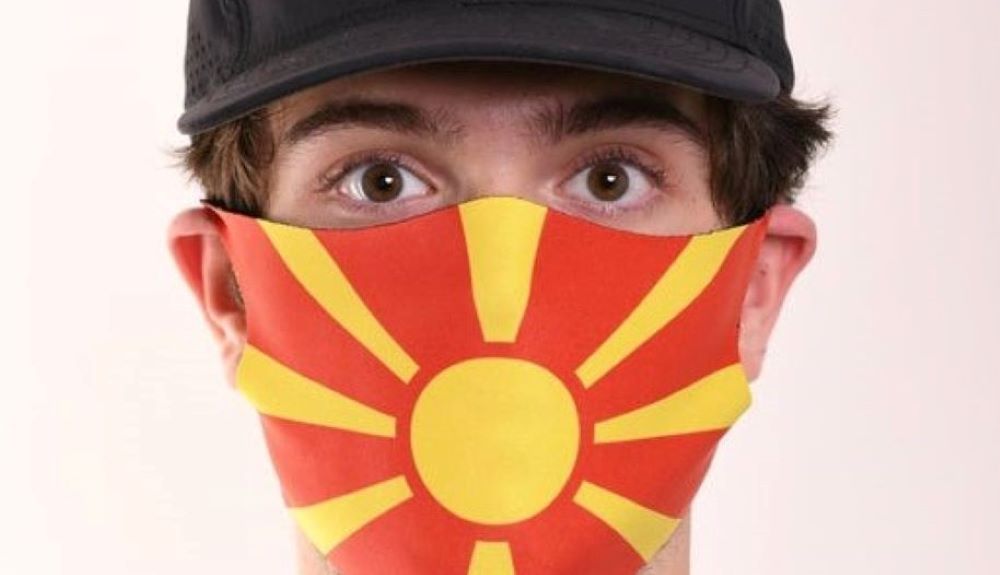I got a Bulgarian passport. I have not planned to get a Serbian passport until now, but since this happened, I have been thinking more and more. Maybe I should finally put my Serbian origin to good use.

Dimitar Nikolovski
In the first days of March this year, I was sitting among a dozen Macedonian citizens in the building of Occupational Medicine in Vranje, listening to statements like: “Germany is great for work, but first we go to Vranje for a vaccine.” In those days, we went to Vranje only hoping that they would take pity on us and that we would get a vaccine without having an appointment. It was more than a month before the great Macedonian (and also Balkan) “invasion” of Serbia, when at the invitation of Vucic, tens of thousands of Macedonian citizens were vaccinated on scheduled dates.
I happened to be in a group where half of the people emphasized their Serbness, Serbian origin, “čiji je đed oklen bio”, as well as sympathy for the Serbian people and the great leader, and a disappointment by the “selfishness” and the empty promises of the EU and Western partners. These conversations led me to think about what this means for the self-determination of the Macedonian citizens, especially because of the importance that the EU has for the great national issues, as well as for the new national mythology of the Macedonians.
Undoubtedly, even more such conversations took place during the later “invasion” of Serbia. The Corona crisis sparked several major global milestones, and this was definitely one of them. Although atomized, the Yugo space gained more importance through the vaccine phenomenon. Its lines narrowed considerably, with Vucic and his vaccine success as a cohesive force. Euro-enthusiasts (and EU citizens from Hungary and Croatia) have gone to the nearest neighborhood, which lies between East and West, Europe and Russia, China and America, indecisive, and full of vaccines.
In the past few years we have gone through a turbulent period where the national identity has experienced shocks. The change of the country’s name and the friendship agreement with Bulgaria strengthened the polarization, precisely because of the identity implications. Some would say that the identity has been saved, others that it has been changed, and still others that it has been completely erased, so now it needs to be saved. We still do not know what is being cooked up with the current blockade in Bulgaria and what effect it will have on national identity. However, the friendship agreement itself provoked different views: that there is no influence on the identity; that a national catharsis will take place and we will “understand” some things that were hidden from us during Yugoslavia; or, that a cataclysm and identity erasure will occur (again).
The reason for these changes is very well known to us. Were it not for Euro-Atlantic integration, there would be no force ready for them, nor any support from the population for these huge steps. The state, through the name changes and through the potential changes in the historical-identity approaches, has definitely changed. Although “the name does not touch the identity”, there are still changes in how we feel, and how we should explain ourselves when we present ourselves. Northern Macedonian identity was not promoted, but European-Macedonian – most definitely.
I would go a step further and say that Euro-Atlantic integration has become the new national mythology of Macedonia. No matter who is happy with it, in the future the name change will have the same historical significance as Alexander, Ilinden, ASNOM, etc., as a great moment with far-reaching influences, positive or negative.
But back to the vaccines and the conversations I overheard. The new national myth came with a fetishized image of the EU as a robust, resilient, and, above all, efficient system ready to meet the challenges. That is why we are trained to love it, that is why we were ready for identity sacrifice. However, when we were really in danger and needed the vaccines, that idealized system was late. European Macedonians sought refuge in Balkan Serbia.
It was a blow to the process of solidifying the new national mythology – defined by the promised benefits of EU processes – and a plus point for the vaccine-efficient competition from the East. European vaccines, although later and in small numbers, still came. The game continues. Von der Layen tweeted in Macedonian. In a few days I am going to get revaccinated, I am sure that the conversations have progressed.
Dimitar Nikolovski, political scientist, Center for European Strategies Eurothink



Leave A Comment